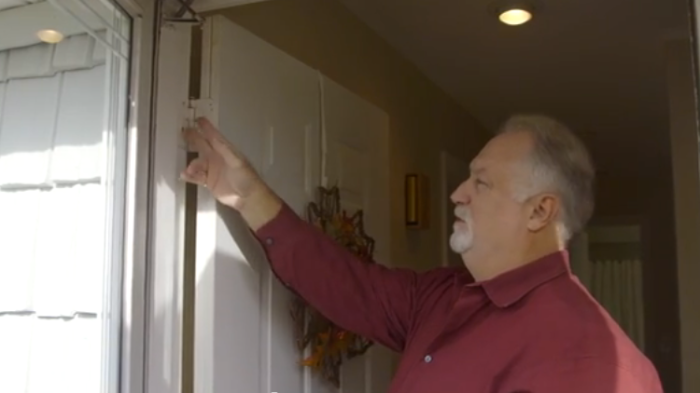Since the Covid-19 pandemic, new regulations have been signed into law in New York State that offer protections to employees — sick leave pay, expanded whistleblowing laws, the necessity for employers to have a plan in place in the event of airborne infectious disease, etc.
“Employees have become more cognizant of their rights,” said Yale Pollack, P.C., of Long Island-based Yale Pollack Law. “A lot of laws did change during the pandemic – and employers have to be aware of certain benefits that are required now.”
Here are four things that employers and employees should be aware of:
- Proper tracking of hours: Payroll providers have sophisticated tracking methods now, from regular time stamps to biometric scanning. While this is the way to maintain electronic records, sign-in and sign-out sheets are just as effective. It’s important to maintain these records as there is a rebuttable presumption that the records are accurate should an employee raise a claim about hours or pay. If there are no records, then the presumption of what the employee states he/she worked is accepted and the employer must come up with evidence to demonstrate that the employee’s claims are inaccurate.
- Exempt vs. Nonexempt (Hourly vs. Salary): Employees can be classified as exempt if they meet a salary and duties test. If they meet the thresholds for both, then these employees can be paid a salary, which could benefit an employer if the employees work extensive hours as they would not be entitled to overtime premium pay.

Yale Pollack Nonexempt employees are paid an hourly wage and generally must be paid time and a half for all hours worked in excess of 40. So if you have employees who work less than 40 hours, this may be more beneficial to an employer as this only compensates employees for actual time worked.
- Independent Contractor vs. Employee: Employees would likely offer more protection to employers because if they are classified as an independent contractor and it is determined that they were actually an employee due to the level of control exerted over the worker, then that could lead to a wage and hour claim, in which the employer may have to pay for time worked that the independent contractor was not compensated for. Since employers generally don’t track hours of independent contractors, the presumption without the records would fall in the employees’ favor as set forth above.
- Restrictive Covenant Agreements: While there is a notion out there that noncompetes are not enforceable, that is a misconception. Narrowly tailored agreements may be enforced against former employees, but it’s important to note that not all judges rule the same way and one judge may rule in favor of an employer while another may rule in favor of an employee. Courts can also “blue pencil” an agreement, where if they find certain time or geographic restrictions to be overbroad, the court may narrow an agreement to be enforceable.
For more information, contact Yale Pollack at yalepollacklaw.com.

































